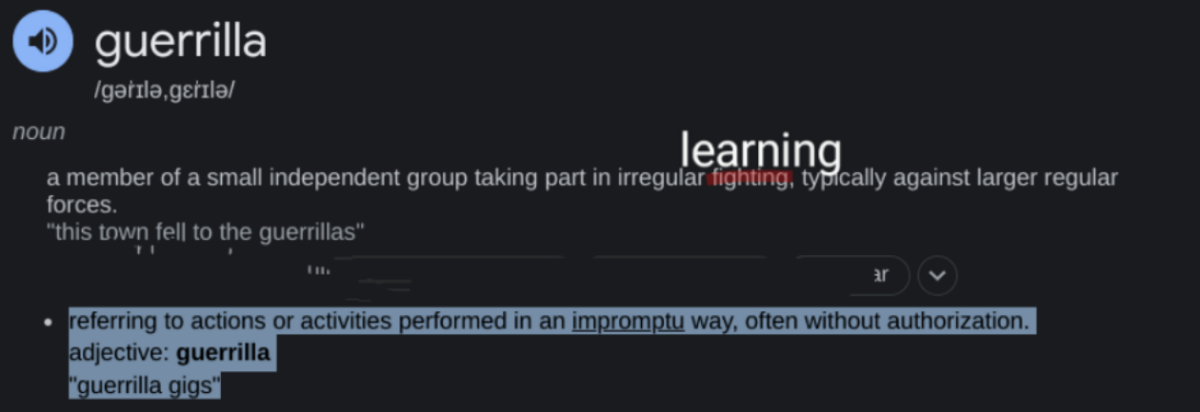Welcome to Philosophical Studies and the PHi1010 Module. The subject matter is knowing, reality and truth. Not too much to get through in 11 weeks, then.
Today was just an introduction to what philosophy is and how it is performed. If you take anything from the lecture, it is that if you hold a belief and want it to held by others, then you ought to have bloody good reason that are rational and coherent. We are now going to look at the Theaetetus and see whether Plato himself has good reasons for holding his general claim that empiricism is not a good theory of knowledge. Start reading the dialogue which you can download for free http://www.amazon.co.uk/Theaetetus-ebook/dp/B0082SSDHO/ref=wl_it_dp_o_pC_nS_nC?ie=UTF8&colid=39QXP5XJJJY4W&coliid=I3SOGWJISUF4GA. The introduction is very good in this edition, but begin by reading the dialogue itself.
Next week, unfortunately, there will be no lecture as I am away at a conference. I may try to set up tutorials for next week — check your emails regularly. I shall timetable an extra lecture for the future.

You can post questions if need be here. Just log in and I’ll answer when and if needed.
Just waiting for the first paper to begin at the conference and checking my email. I was just asked: “I’ve looked over the PowerPoint of last Fridays lecture to find out the reading for the 18th but it doesn’t say which pages of The Theaetetus of Plato to read. Should I read the entire dialogue or do I only need to read a small section for this lecture?”
My answer is this:
There should be a number which refers to the margin numbers. Unfortunately these are not available in the kindle version. My advice is to read until they change the definition of knowledge to “knowledge is a true belief” and stop there for now. You’ll have to read it a couple of times anyway.
Happy reading.